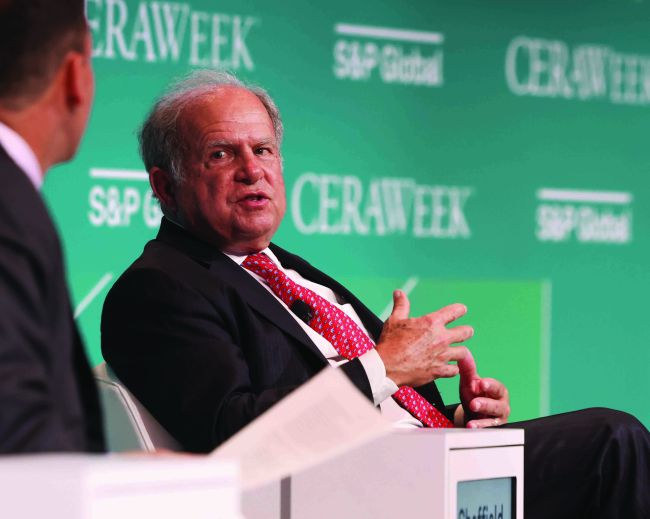The Federal Trade Commission (FTC) revoked a 2024 decision prohibiting former Pioneer Natural Resources CEO Scott Sheffield from holding an Exxon Mobil position.
But after winning the clearance, Sheffield told Hart Energy that “as for the possibility of joining Exxon’s board now, because of actions they have taken in this matter I am no longer interested.
“Exxon signed a rushed, baseless and illegal order barring me and other Pioneer employees from taking an Exxon board seat. In doing so, they effectively broke the commitment they made to me in their merger agreement with Pioneer, the company I founded and led for over 40 years.”
Sheffield led Pioneer’s merger with Exxon Mobil in 2024 in a $64.5 billion stock and debt assumption deal.
“That seat had been unanimously approved by Pioneer shareholders, based on the value I was prepared to bring to Exxon and its shareholders—not least as someone with 50 years of strategic and operational experience in the U.S. shale industry, experience that Exxon’s board currently lacks,” he told Hart Energy.
“For now, I remain one of Exxon’s largest individual shareholders and as such will consider other options.”
The FTC, chaired at the time of the Pioneer-Exxon Mobil decision by a President Biden nominee, Lina Khan, had voted 3-2 that the merger could go forward if Sheffield holds no position—including in an advisory capacity—in the merged company and no other Pioneer employee hold an Exxon Mobil board seat for at least five years.
Khan alleged Sheffield had asked OPEC members to withdraw oil from the market to improve prices.
The FTC voted 3-0 July 17 to reopen and set aside the 2024 decision. The FTC consists currently of only three members, all Republican.
Sheffield said, “I appreciate the current commissioners for their willingness to review this case, and I’m obviously pleased that common sense has carried the day in their decision to vacate the prior order.
“Aside from its impact on me personally, the FTC’s initial decision, based on an utterly unfounded smear campaign, had a chilling effect on free speech and important policy debates across this critical industry.
“It was important to reverse it.”
Sheffield has a lawsuit outstanding against Khan individually in a federal court in Fort Worth, Texas, over the matter. The proceedings there had been on pause awaiting the FTC’s decision on whether to revoke the 2024 decision.
The FTC reported that, in considering whether to reopen the case, the more than 3,000 public comments didn’t find any antitrust violation and didn’t allege the Pioneer-Exxon Mobil deal would result in an anticompetitive market.
The FTC had asked for public comments this spring on whether to reopen the case. A few comments were submitted online, some in favor and some against.
As the deadline approached, though, more than 100 more comments, all against, were submitted online after Khan posted on X about the case, calling for followers to file a comment as the “@FTC is now trying to let this oil exec off the hook.”
The FTC reported July 17, “In light of the complaint’s deficiencies, the FTC concluded that maintaining the restrictions on Mr. Sheffield’s employment would damage the FTC’s credibility and undermine its mission. Vacating the final order is therefore in the public interest.”
